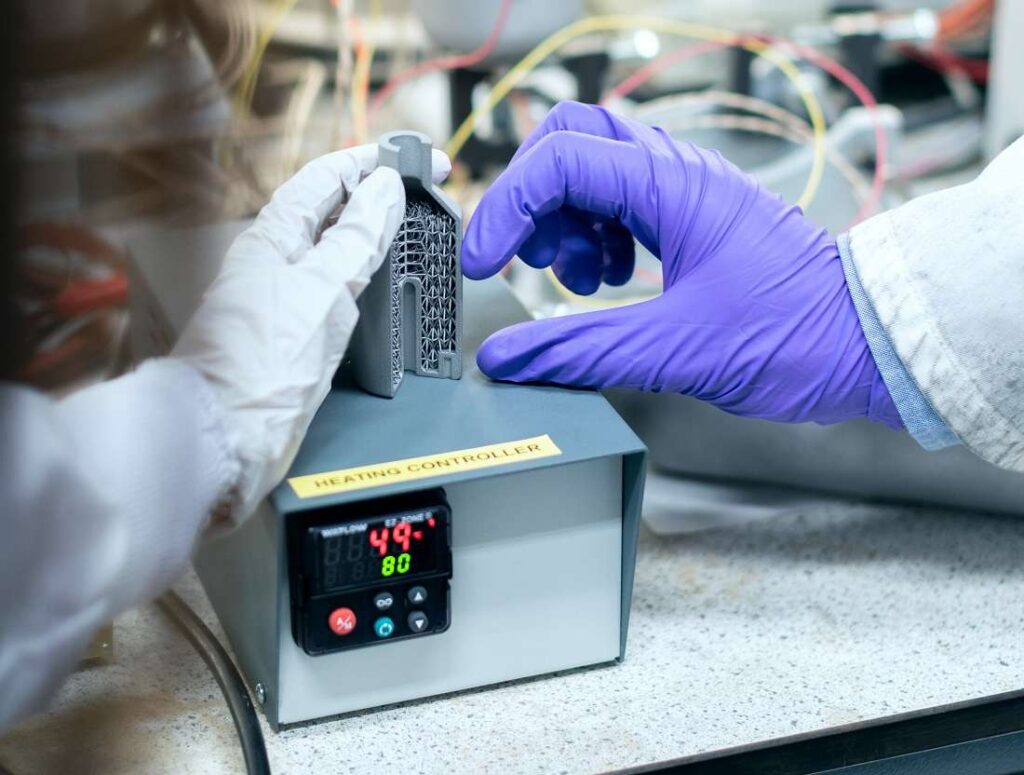
In our modern world, lithium-ion batteries have become an integral part of our daily lives. From smartphones to electric vehicles, these batteries power numerous devices and technologies. However, as the demand for lithium batteries increases, so does the need for proper disposal and recycling of these batteries. This article explores the challenges and opportunities in lithium battery recycling, highlighting the importance of sustainable practices.
Importance of Lithium Battery Recycling
Lithium battery recycling plays a vital role in conserving natural resources and reducing environmental impact. These batteries contain valuable metals like lithium, cobalt, and nickel, which can be recovered and reused through recycling. Recycling lithium batteries reduces the need for raw material extraction, conserves energy, and minimizes the carbon footprint associated with battery production.
Environmental Impact of Lithium Batteries
Improper disposal of lithium batteries can have severe environmental consequences. When discarded in landfills, these batteries can leak harmful chemicals and heavy metals into the soil and water, posing risks to human health and the ecosystem. Additionally, extracting raw materials for new batteries contributes to deforestation, habitat destruction, and greenhouse gas emissions. Recycling lithium batteries mitigates these environmental impacts. Check out https://goldenmateenergy.com/
Challenges in Lithium Battery Recycling
Collection and Sorting
One of the main challenges in lithium battery recycling is collecting and sorting used batteries. Since lithium batteries come in various shapes, sizes, and chemistries, it becomes crucial to establish efficient collection systems that ensure proper identification and separation of different battery types.
Safety Concerns
Lithium batteries are prone to thermal runaway and can catch fire if mishandled during the recycling process. Safely handling and transporting these batteries require specialized knowledge and equipment to mitigate the risk of accidents and ensure worker safety.
Cost and Efficiency
Recycling lithium batteries can be a costly and resource-intensive process. The complexity of battery chemistries, the need for advanced recycling technologies, and the need for standardized recycling infrastructure contribute to higher operational costs. Improving the efficiency of recycling processes while reducing costs remains a significant challenge.
Technological Advancements in Lithium Battery Recycling
Significant advancements have been made in recycling technologies to address the challenges in lithium battery recycling. These include:
Pyrometallurgical Processes
Pyrometallurgical processes involve high-temperature treatments to recover metals from lithium batteries. Techniques like smelting and roasting can separate metals like lithium, cobalt, and nickel from battery components, enabling their reuse in new batteries or other applications.
Hydrometallurgical Processes
Hydrometallurgical processes utilize chemical solutions to extract valuable metals from lithium batteries. Leaching and solvent extraction can effectively dissolve battery components and different metals, providing a pathway for recovery and reuse.
Direct Recycling
Direct recycling approaches aim to reuse whole battery cells or modules without disassembling them. This approach reduces the need for complex and energy-intensive processes, making recycling more efficient and cost-effective.
Policy and Regulation
Governments and regulatory bodies play a crucial role in promoting sustainable lithium battery recycling. Comprehensive policies and regulations can drive the establishment of recycling infrastructure, encourage research and development in recycling technologies, and enforce proper disposal practices.
Opportunities in Lithium Battery Recycling
Lithium battery recycling presents several opportunities, including:
Resource Recovery
Recycling lithium batteries allows valuable metals to be recovered and reused, reducing the dependence on raw material extraction. This resource recovery contributes to the circular economy, conserves natural resources, and decreases the environmental impact associated with mining activities.
Economic Benefits
Lithium battery recycling can create economic opportunities. The recycling industry generates jobs in collecting, sorting, and processing batteries. The recovered metals can also be sold as raw materials, providing a sustainable source of valuable resources for battery manufacturers.
Innovation and Job Creation
Pursuing efficient lithium battery recycling methods drives innovation and research in the field. This creates opportunities for scientists, engineers, and entrepreneurs to develop novel recycling technologies and contribute to a more sustainable and circular battery industry.
Conclusion
Lithium battery recycling is paramount in mitigating environmental impact, conserving resources, and promoting a sustainable battery industry. While challenges exist regarding collection, safety, and cost, technological advancements and supportive policies offer opportunities for improved recycling processes. We can pave the way for a greener future by embracing recycling and maximizing resource recovery.


